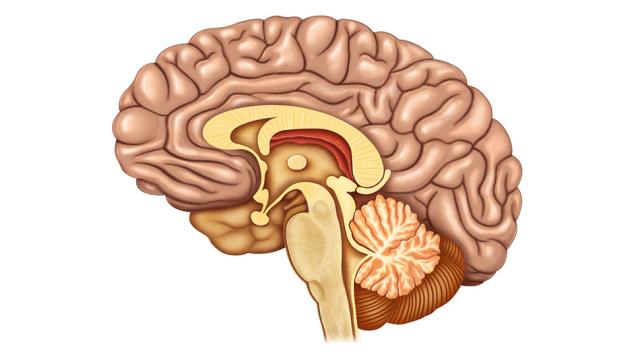The tragedy of Parkinson’s, which progressively robs patients of their physical abilities, is that while certain drugs, therapies and devices can restore some quality of life, so far we haven’t found a way to stop brain cells from dying. Now, researchers in the UK and Norway have found a drug that could keep brain cells functioning normally — and it’s been used to treat liver disease for years.
The research team, led by Sheffield Institute for Translational Neuroscience’s Dr Oliver Bandmann, discovered that the drug ursodeoxycholic acid (UDCA) helps heal faulty mitochondria, the energy-providing cellular organ whose malfunction causes brain cell death. The drug, used to treat gallstones and some forms of cirrhosis, was found to be the most effective among 2000 compounds tested on the mitochondria of skin cells from Parkinson’s patients over five years. Since mitochondria function the same way in every type of cell, the finding holds big promise for preserving brain cell function.
Since UDCA has been in use for many years, researchers can move directly to clinical trials to determine the drug’s safety and optimum dosage in Parkinson’s patients. And for the first time, researchers can point to compounds that tackle the cellular cause of the disease, rather than simply treating the symptoms as they appear. [The University of Sheffield via ScienceDaily]
